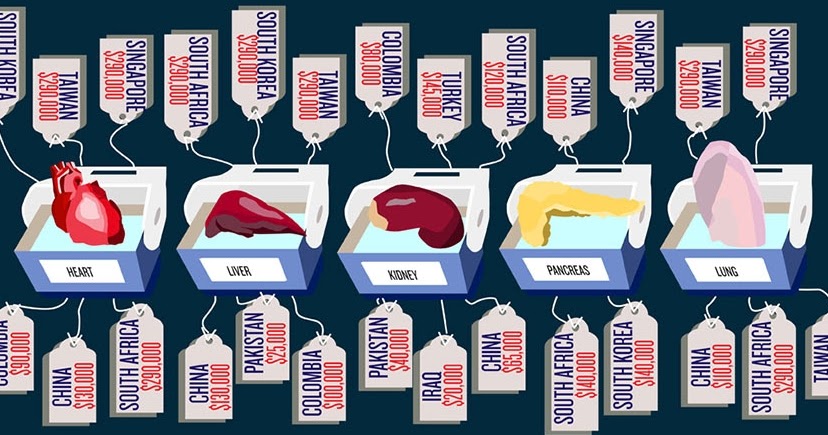
Choice and non-choice in an organ market
Is the choice to sell organs a choice we want?
Several ethicists have argued in favour of legalising the sale of human organs. Some claim that a commercialised organ market will help to solve the organ shortage currently facing many countries, while others argue that every individual has the right to decide what happens to their own body parts.
In a new article in the Journal of Medical Ethics, Monash University bioethicist Julian J. Koplin challenges some of the liberal presuppositions built into the organ trade literature. Specifically, Koplin argues that an organ market will potentially limit people’s choices rather than increase them. According to Koplin, the evidence from Iran and other countries with organ markets suggests that people feel pressured into selling their organs for financial reasons. In post on the JME Blog, Koplin wrote:
Sellers in both Iran’s legal market and black markets elsewhere in the world report having been coerced or pressured to sell a kidney by moneylenders, husbands, or other family members. A market in organs could also make some people worse off by altering the terms of trade. For example, moneylenders may offer less favourable terms for loans once they come to expect their borrowers can ‘mortgage’ their kidneys. Here, too, there is some evidence of this phenomenon occurring in existing kidney markets.
Koplin also suggests that the regulations for kidney markets proposed in the literature would either fail to protect disenfranchised members of society from coercion, or would fail to attract an adequate number of organ vendors. “A market structured to exclude the financially vulnerable seems unlikely to attract an overabundance of willing kidney sellers”, Koplin suggests.
Choice and non-choice in an organ market
Xavier Symons
Creative commons
https://www.bioedge.org/images/2008images/organ_market.jpg
commercialization
organ donation
organ market
